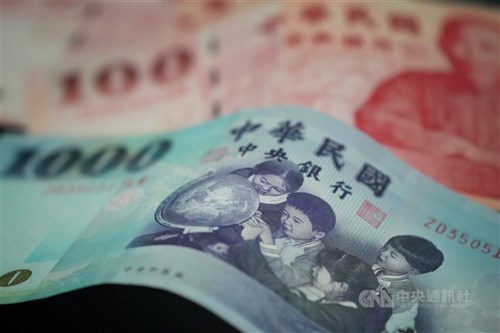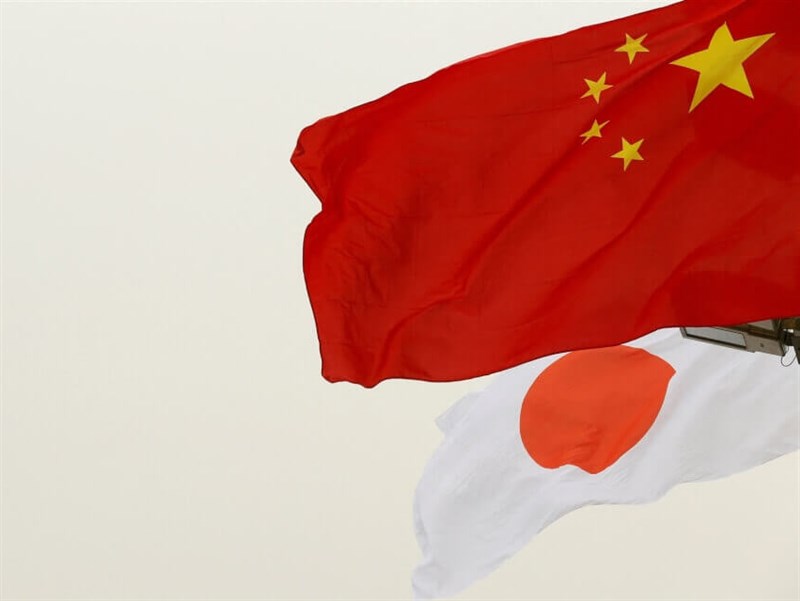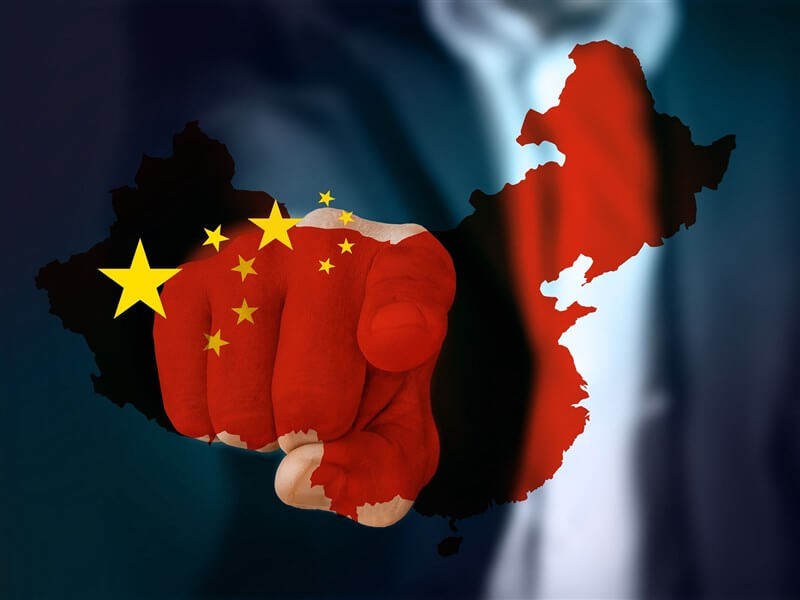Chinese Defense Minister Li Shangfu's (李尚福) extensive remarks on Taiwan at the Shangri-La security dialogue are a reflection of Beijing's concern over the growing international focus on cross-strait issues, according to two experts on the issue.
(Full text of the story is now in CNA English news archive. To view the full story, you will need to be a subscribed member of the CNA archive. To subscribe, please read here.)
More in ANALYSIS
![Fintech expert urges NTD stablecoin to protect monetary sovereignty]() Fintech expert urges NTD stablecoin to protect monetary sovereigntyA fintech expert in Taiwan has called for the issuance of a New Taiwan dollar (NTD) stablecoin, saying it is vital for safeguarding Taiwan's monetary sovereignty and reinforcing the country's industrial competitiveness.12/14/2025 04:15 PM
Fintech expert urges NTD stablecoin to protect monetary sovereigntyA fintech expert in Taiwan has called for the issuance of a New Taiwan dollar (NTD) stablecoin, saying it is vital for safeguarding Taiwan's monetary sovereignty and reinforcing the country's industrial competitiveness.12/14/2025 04:15 PM![China-Japan diplomatic spat not what it seems: Taiwan experts]() China-Japan diplomatic spat not what it seems: Taiwan expertsJapan's first female prime minister, Sanae Takaichi, has faced rising friction with China during her first month in office, with Taiwan unexpectedly pulled into the fray.11/21/2025 06:58 PM
China-Japan diplomatic spat not what it seems: Taiwan expertsJapan's first female prime minister, Sanae Takaichi, has faced rising friction with China during her first month in office, with Taiwan unexpectedly pulled into the fray.11/21/2025 06:58 PM![China's local bounty use shows intimidation with flexibility: Scholars]() China's local bounty use shows intimidation with flexibility: ScholarsChina's recent use of local public security bureaus to issue bounty notices against specific Taiwanese individuals reflects a new tactic of "judicial intimidation" aimed at Taiwan that also gives Beijing room for flexibility, scholars told CNA.11/15/2025 04:45 PM
China's local bounty use shows intimidation with flexibility: ScholarsChina's recent use of local public security bureaus to issue bounty notices against specific Taiwanese individuals reflects a new tactic of "judicial intimidation" aimed at Taiwan that also gives Beijing room for flexibility, scholars told CNA.11/15/2025 04:45 PM
Latest
- Society
Taipei mass stabbing likely 'lone wolf' attack: Police
12/20/2025 07:25 PM - Society
Ministry offers free counseling after Taipei mass stabbing attack
12/20/2025 05:44 PM - Society
Family of Taipei knife attack victim to get NT$5 million compensation
12/20/2025 05:20 PM - Business
Number of TSMC shareholders jumps to 8-month high despite share price drop
12/20/2025 03:31 PM - Society


